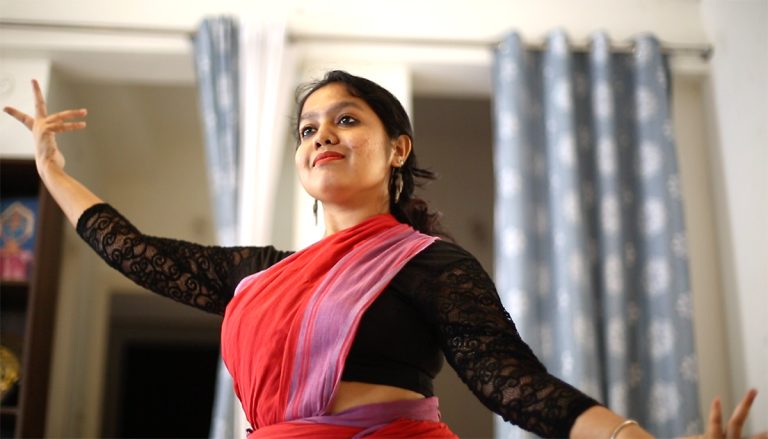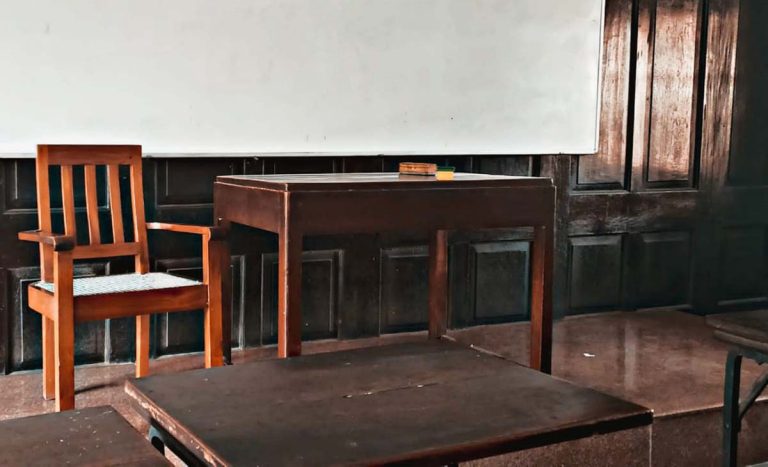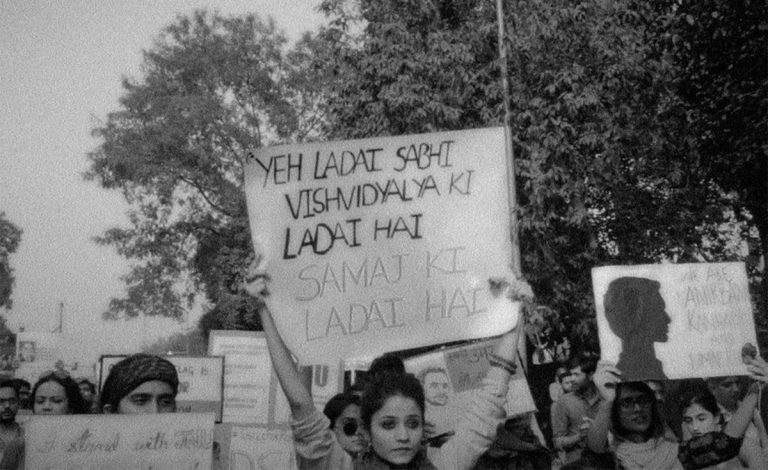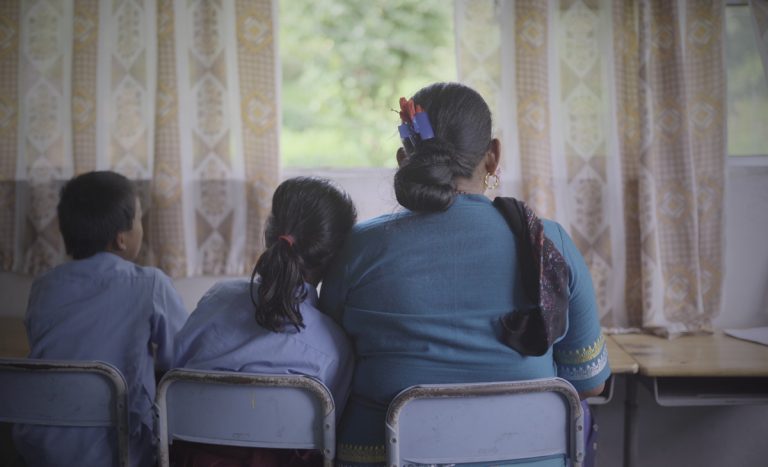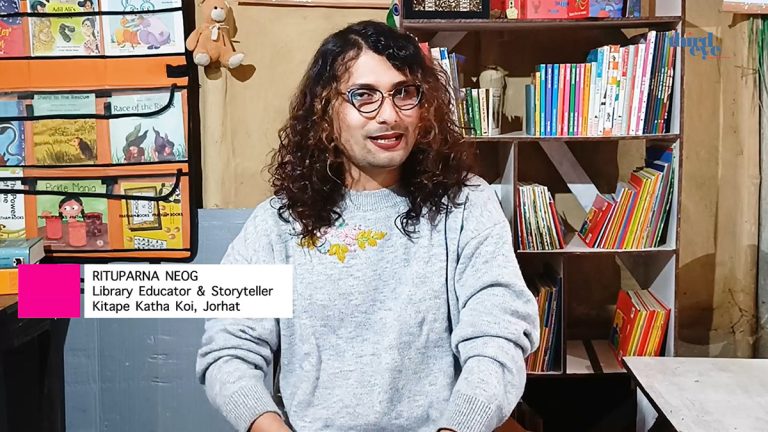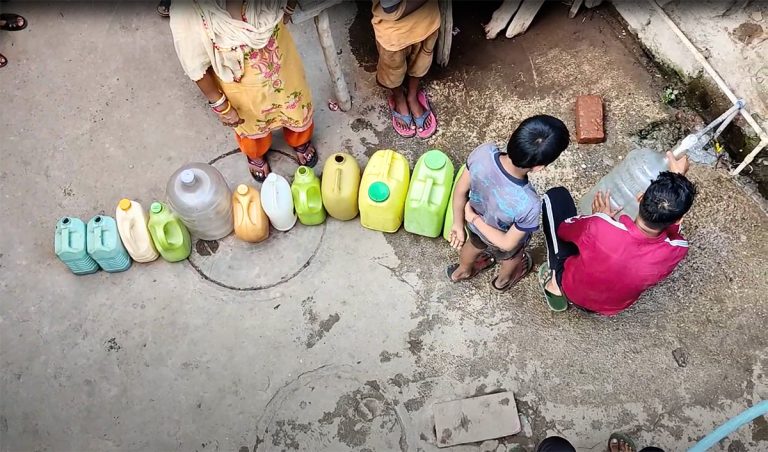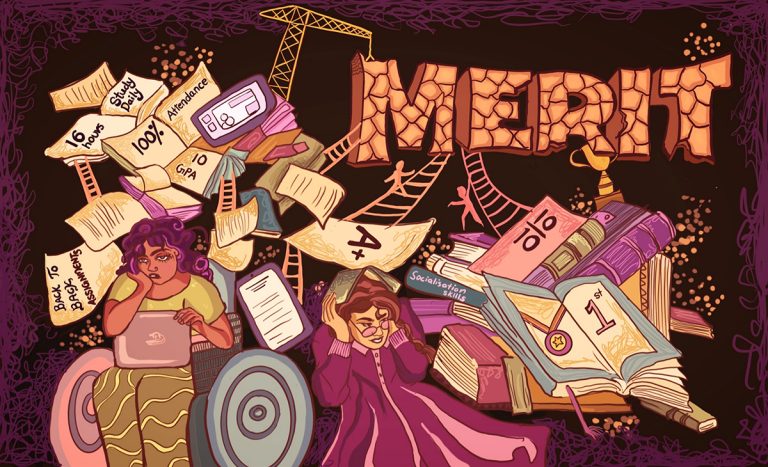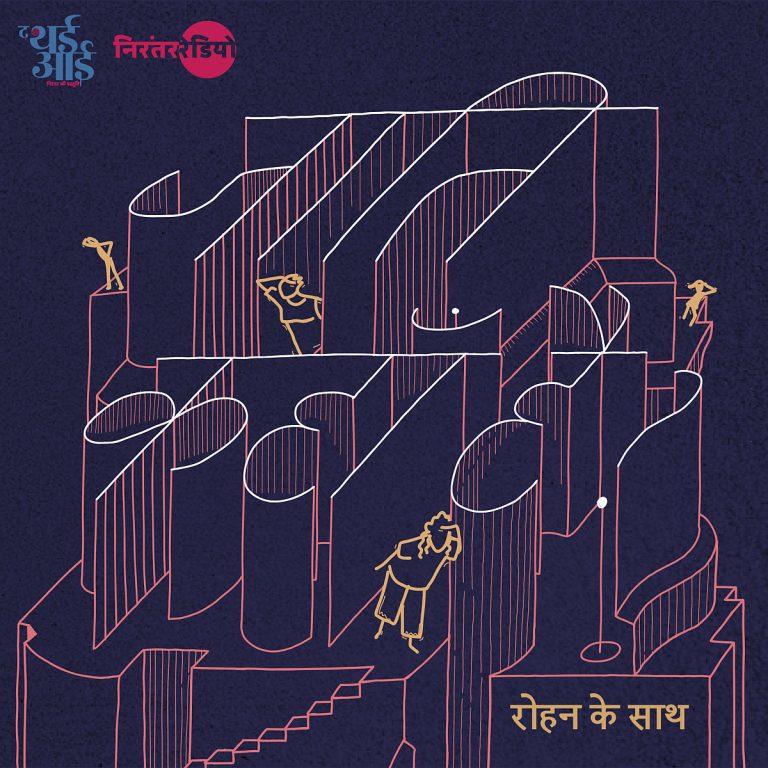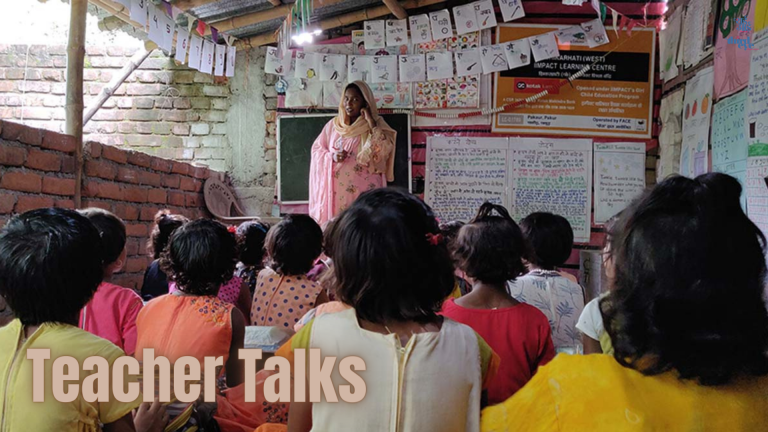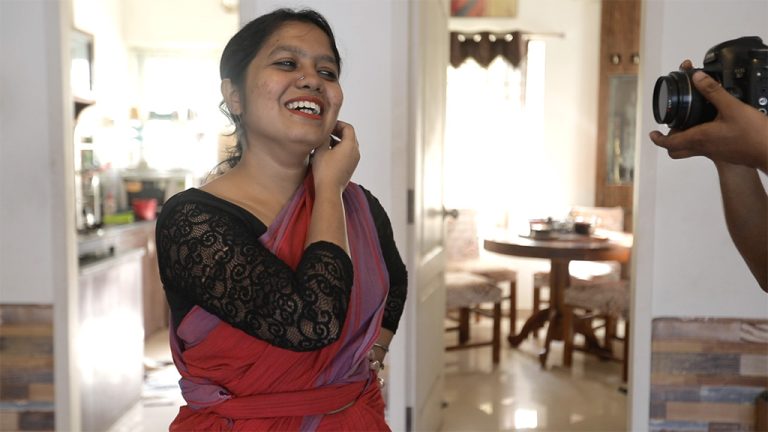
Nrithya, Kala and I: The Dance Video You Need To See
History syllabi tell us how Bharata thought of this dance at the behest of the gods; in the theory hours we utter slokas listing physical features that make one an ideal dancer, and in the practical classes we strive for angashuddhi (purification of limbs or movements).


